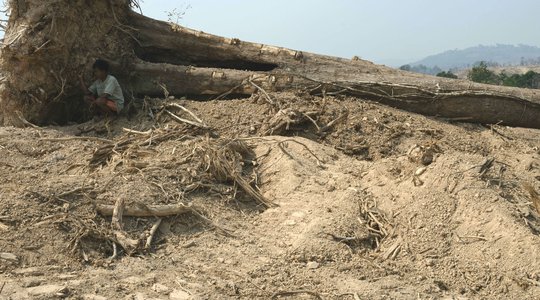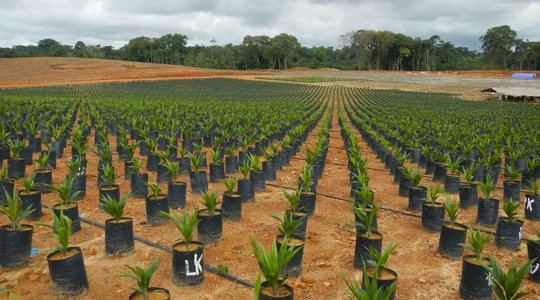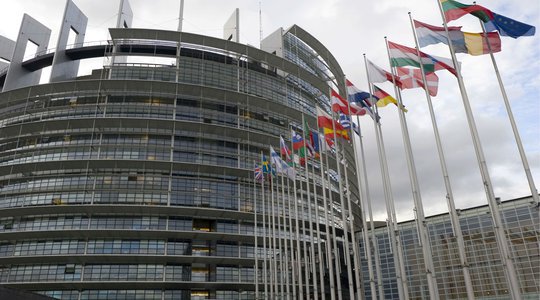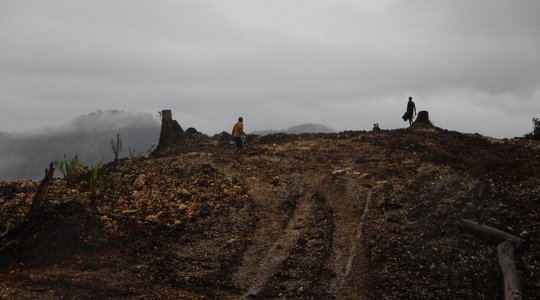-
 MyanmarReport
MyanmarReportGuns, Cronies and Crops
New Global Witness exposé: how Myanmar’s business, political and military cronies conspired to grab farmers’ land, leaving communities struggling to survive.
-
 Cambodia, LaosReport
Cambodia, LaosReportRubber Barons
Vietnam’s two biggest rubber companies are moving into Cambodia and Laos, seizing farmland, flouting land and forest protection laws and wrecking local livelihoods.
-
 LiberiaReport
LiberiaReportThe New Snake Oil?
The violence, threats, and false promises driving rapid palm oil expansion in Liberia.
-
 LandCampaign
LandCampaignAnti-Land Grab Regulations
Holes in international law mean we have very little way of ensuring that our supply chains and savings don’t link us to land that has been illegally or violently taken from the people who live on it.
-
 LandReport
LandReportDealing with Disclosure
The rush for land in developing countries is rapidly intensifying, but the sector remains largely unregulated internationally.
-
 European UnionBriefing
European UnionBriefingWho will really benefit from Europe’s new financial policy initiative?
On 30th September 2015 the European Commission released an “action plan” to implement the Capital Market Union initiative, the last piece of the EU’s policy response jigsaw following the 2008 financial crisis.
-
 LaosBlog Post
LaosBlog PostCorruption is allowing loggers and land grabbers to run amok in Laos
Revelations of a US$ 150 million hole in state coffers – the cost of corruption since 2012.
-
 Papua New GuineaBriefing
Papua New GuineaBriefingPapua New Guinea – One of the Biggest Land Grabs in Modern History
Documenting the government’s failed response to one of the largest land grabs in modern history.







